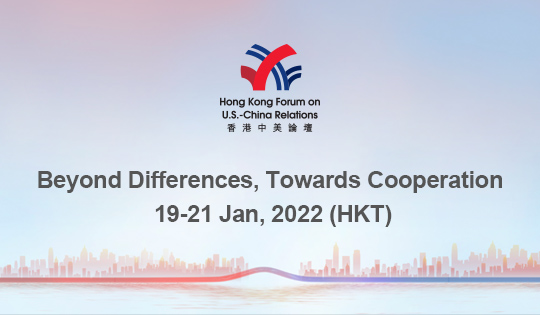The newly announced AUKUS military pact, made up of three Anglosphere countries – Australia, the UK and the U.S. – signals an American desire to raise the strategic stakes against China. The deal promises that the U.S. will share its nuclear-powered submarine technology with Australia, who wishes to add eight of them to its arsenal. In the process, Canberra cancelled a nearly $60 billion 12 submarine order from the French. In response, France, predictably incensed, recalled its ambassadors from Washington and Canberra.
Within Australia, reactions reflect the ideological divide in a country that remains split between the Liberals (actually conservatives) who seek comfort in Australia’s relations with Britain and the U.S. The other group, largely Labor party supporters and those who believe that Australian foreign policy should align with regional realities, have questioned the wisdom of entering into a military alliance with geographically distant countries that is bound to ratchet up tensions with China.
Former Australian Labor Prime Minister Paul Keating, condemned the pact and criticized the current government for “falling back, yet again, to do the bidding of another great power, the United States of America.” China, he added “does not attack other states, unlike the United States which does.”
The pact does indeed draw Australia into military integration and foreign policy alignment with the U.S. Consequently, the U.S. expectation of Australian support in any situation, whether it involves China or not, will grow. Kevin Rudd, another former Australian prime minister who signed the French submarine deal during his term, cautioned against the American expectation that the nuclear-powered submarines would be deployed in support of “unintelligent behavior” against China.
The Association of Southeast Asian States (ASEAN) have over the years established themselves as a successful bloc, and are naturally concerned at this development. A new military association led by extra-regional powers will affect ASEAN’s standing in the region, displacing it from its position of centrality and eroding its strategic autonomy. Furthermore, the region will come under further American pressure to take the U.S.’s side in its Pacific aspirations.
ASEAN may have its differences with China, especially over the South China Sea, but its heavy economic reliance on China makes it impossible for them to join into an anti-China coalition that America desires. They do not want to be forced to take sides, as repeatedly emphasized by the Singapore Prime Minister Lee Hsien Loong. Only time will tell how far the balance of power changes due to AUKUS, but the stances taken by each side are clear.
The ASEAN and American points of view differ on whether and how much of a threat China poses. Some amongst the ASEAN fear alleged Chinese hegemonic ambitions but there is little support for the oft-repeated American view that the choice is between democracy and authoritarianism. Above all, ASEAN wants stability in the region to maintain economic growth.
China understandably opposes AUKUS, and responded swiftly, applying to join the Comprehensive and Progressive Agreement for Trans-Pacific Partnership (CPTPP) -- the successor pact to Trans Pacific Partnership (TPP)--the day after the launch of AUKUS. The original TPP was organized by the U.S., but was jettisoned under Trump. Though China’s entry to the new deal is not guaranteed, the fact is that the U.S. has chosen to stay out of two of the largest economic partnerships spanning the Pacific and the Indian Ocean regions highlights how China and the U.S. conceive of competition in Asia.
Europe feels cheated again. After four years of Trump’s antics, many felt Biden offered hope that America was serious in rebuilding ties. Instead, AUKUS demonstrates that America has discarded Europe in pursuit of its own interests elsewhere. In retrospect, Trump’s dismissal of NATO was only a forewarning that the U.S.’s true interests lay elsewhere. The French are well aware of this, as noted angrily by the French Foreign Minister Jean-Yves Le Drian, “This unilateral, brutal, unpredictable decision is very similar to what Mr. Trump was doing.”
The American obsession with security-driven foreign policy remains clear, demonstrating a dissipating American belief that it can take on its adversaries independently and diplomatically. America first shared its nuclear submarine technology with Britain in 1956, when they were facing the Soviet Union as a foe. Worried about China’s rise, the U.S. previously went back on its NPT commitments and created a passage for India to get nuclear technology, thus drawing them into the U.S. orbit. Now obsession with China’s peaceful rise compelled America again to make an offer to Australia that it could not refuse. Many observers accuse the U.S. of nuclear proliferation.
Unable to match China’s economic commitments, AUKUS reinforces the belief that U.S. alliances abroad are driven by the military-industrial complex at the expense of more durable and beneficial economic partnerships. After all, 2 USD trillion spent on occupying Afghanistan went directly to military contractors and industries creating killing machines. Even the training of the Afghan national army was left to contractors whose interest was to make money instead of creating a credible force. The new announcement confirms that America is not about to change course in making calculations for determining its foreign policy choices.
